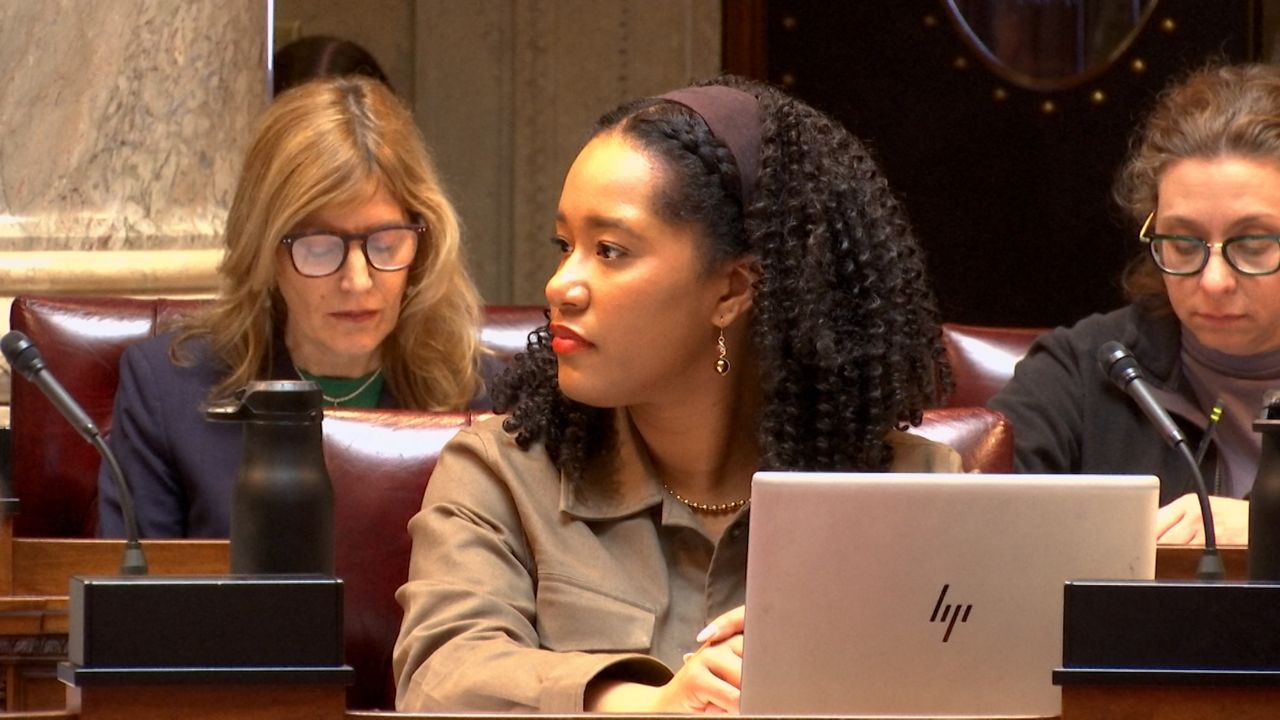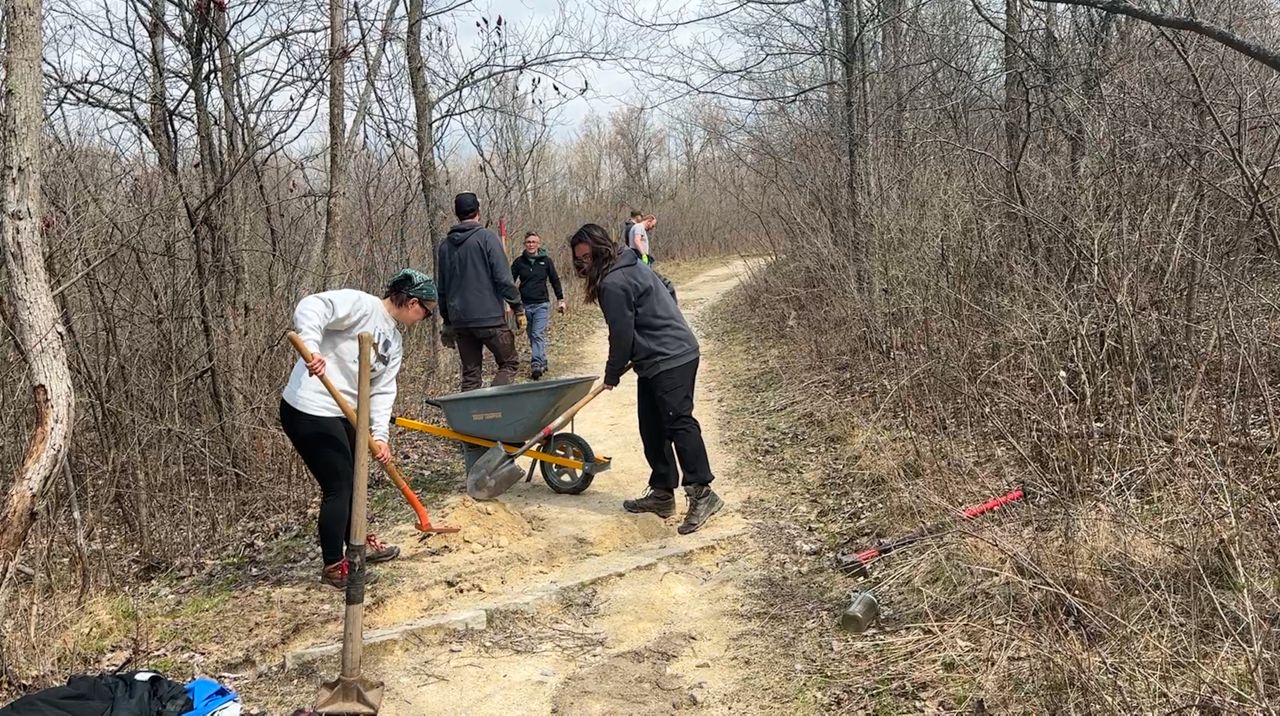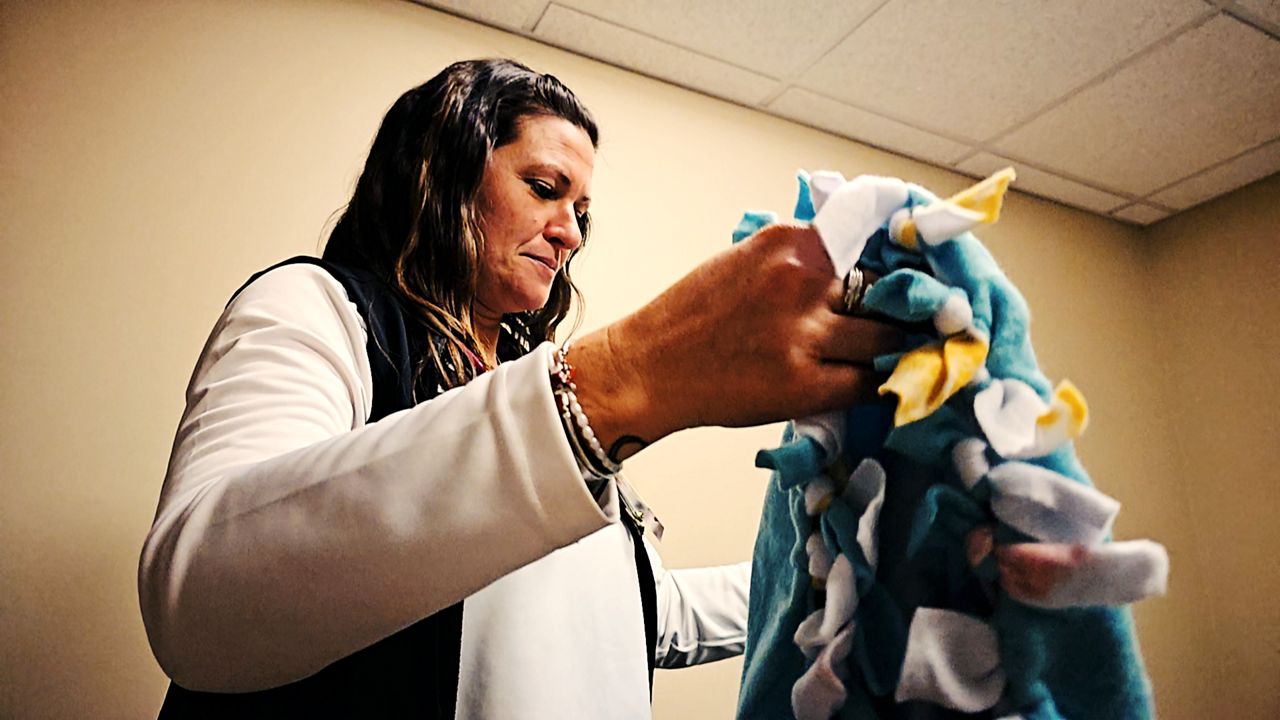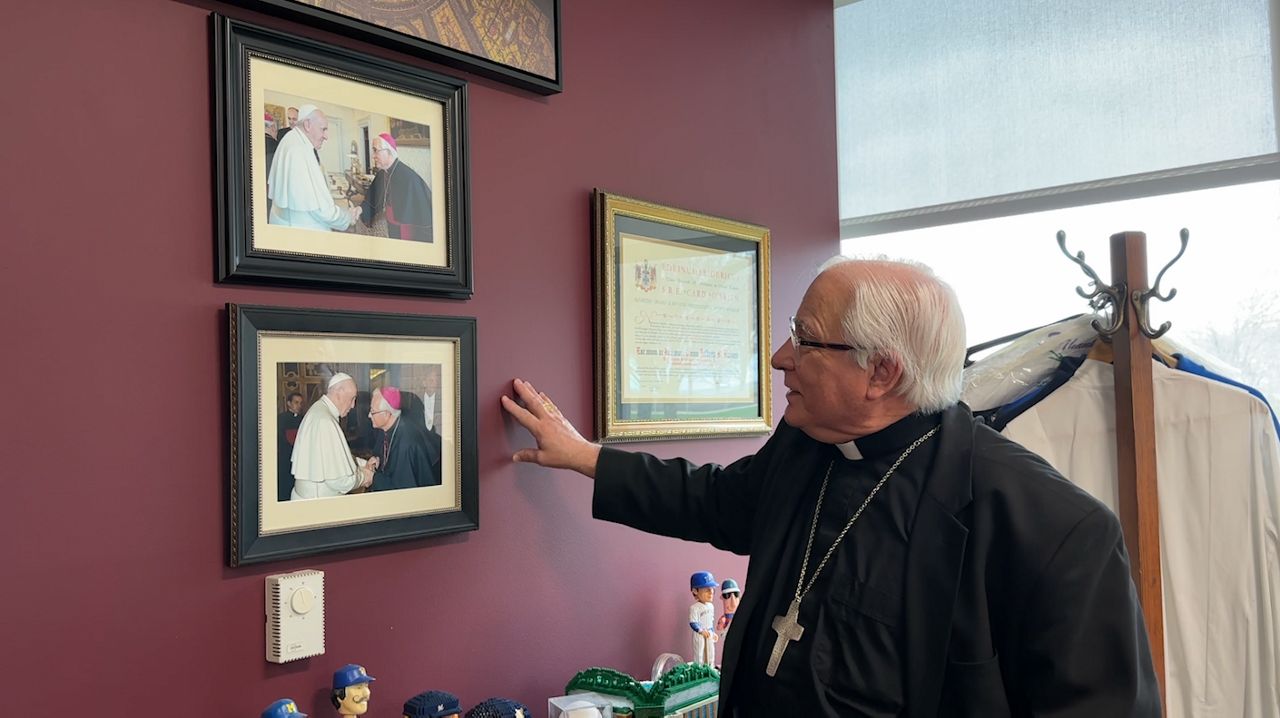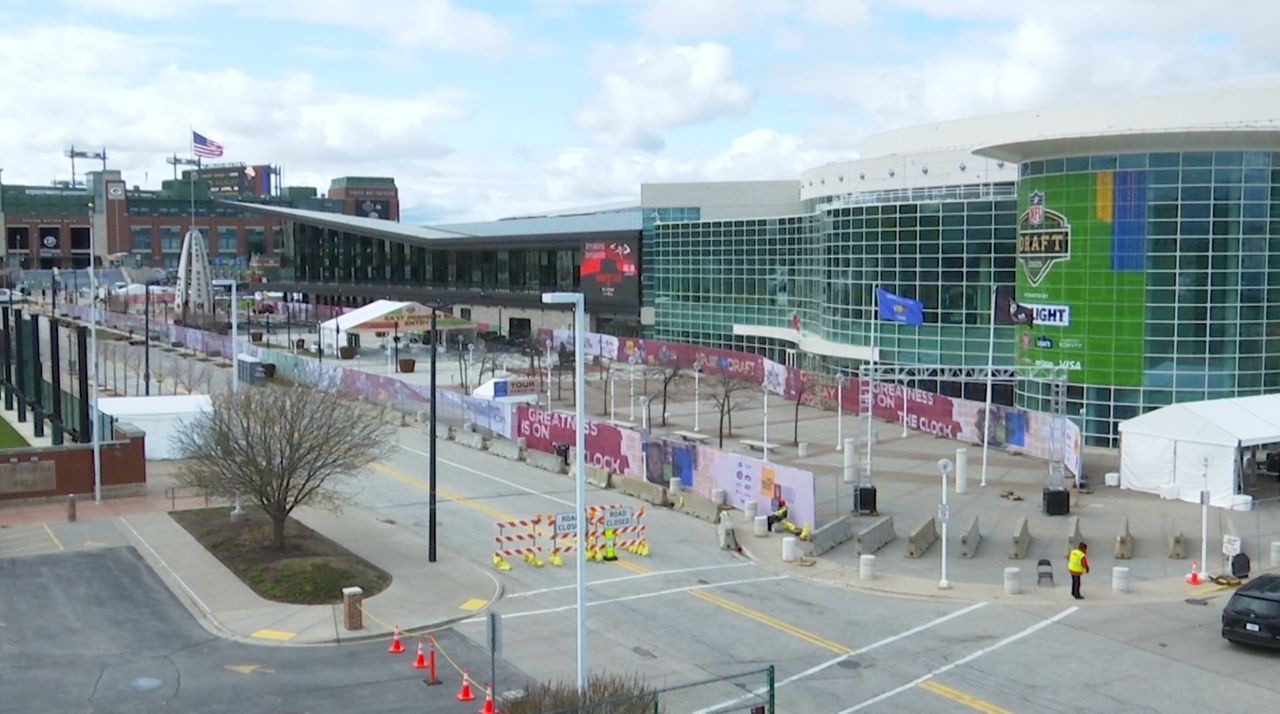BROOKFIELD, Wis. — In the aisles of Learning Express, a speciality toy store in Brookfield Square Mall, you’ll find the usual suspects: plush animals, puzzles and board games. But behind the scenes, the mood is far less playful.
Cathi Kuhnz, a longtime sales associate at the store, said she’s racing against the clock.
“The fact that most of our products come from China—it scares us,” she said. “We’re just not sure right now.”
The anxiety stems from a rise in tariffs on Chinese goods—totaling 145% as of last Friday.
At Learning Express, roughly 90% of inventory either comes directly from China or contains Chinese-made components. With the potential for costs to rise, the team there is already stockpiling.
“We’re trying to buy as much now, so we don’t have to pass the price increases on to the consumer,” said Kuhnz.
She said she also plans to team up with other local shops to place bulk orders and split the shipping costs—a strategy aimed at softening what she calls a “trickle-down effect” that could leave customers bearing the financial brunt.
“We definitely want to keep our customers coming here,” said Kuhnz.
In Wauwatosa, Matthew Poulson, who owns Ruckus and Glee, is watching the same headlines, but his approach is more cautious.
“We’ve been in kind of this ‘wait-and-see’ holding pattern for the last couple of months,” Poulson said.
He estimates that, like Learning Express, 90% of his stores products rely on Chinese manufacturing in some form. But rather than overstocking, he’s sticking to his usual seasonal buying pattern.
“My email box is full of messages from manufacturers about how prices might change—whether it’s across an entire invoice or item by item,” he said. “But we’re a small business, so we’re nimble enough to change prices quickly if we need to. So far, we haven’t had to.”
Both store owners expressed confidence in their ability to adapt, having already weathered disruptions during the COVID-19 pandemic.






